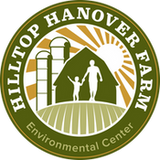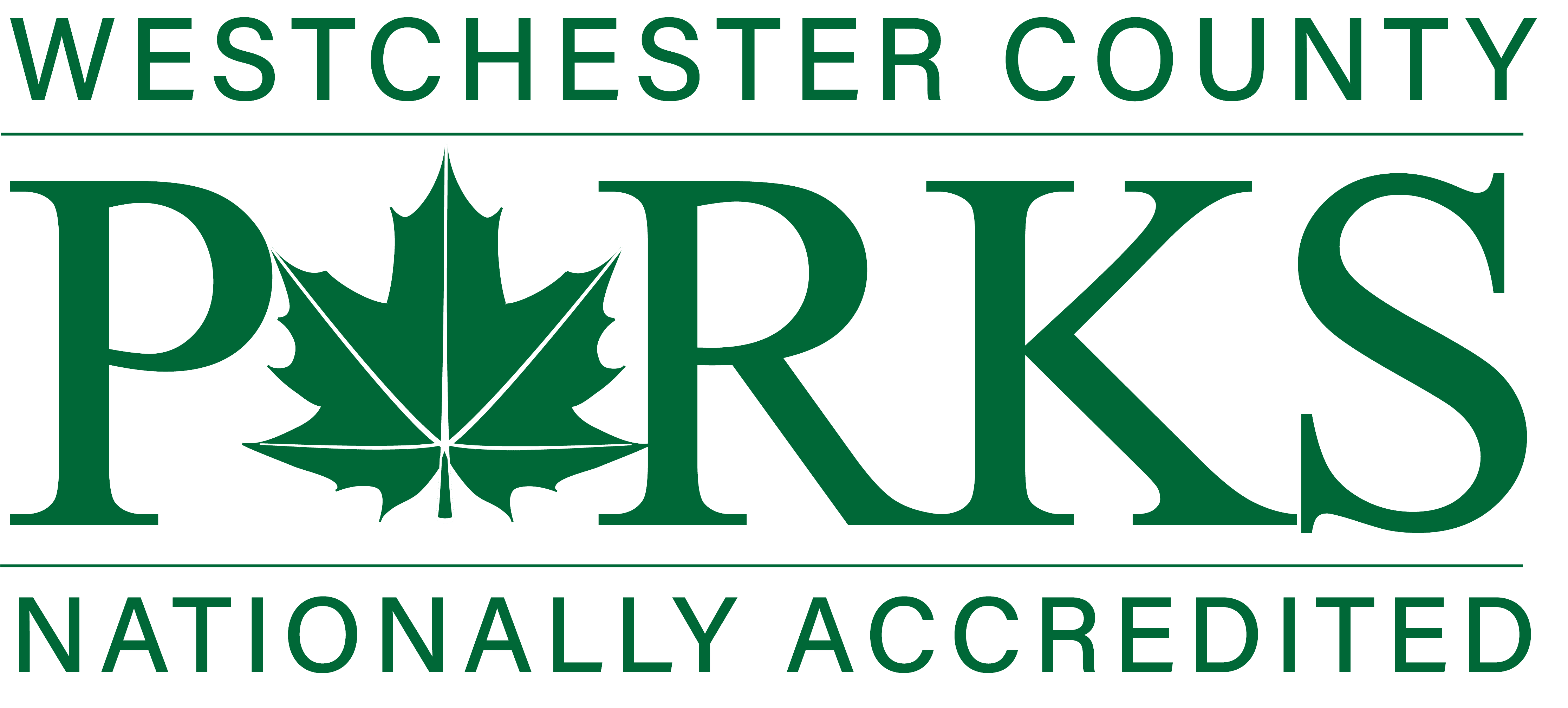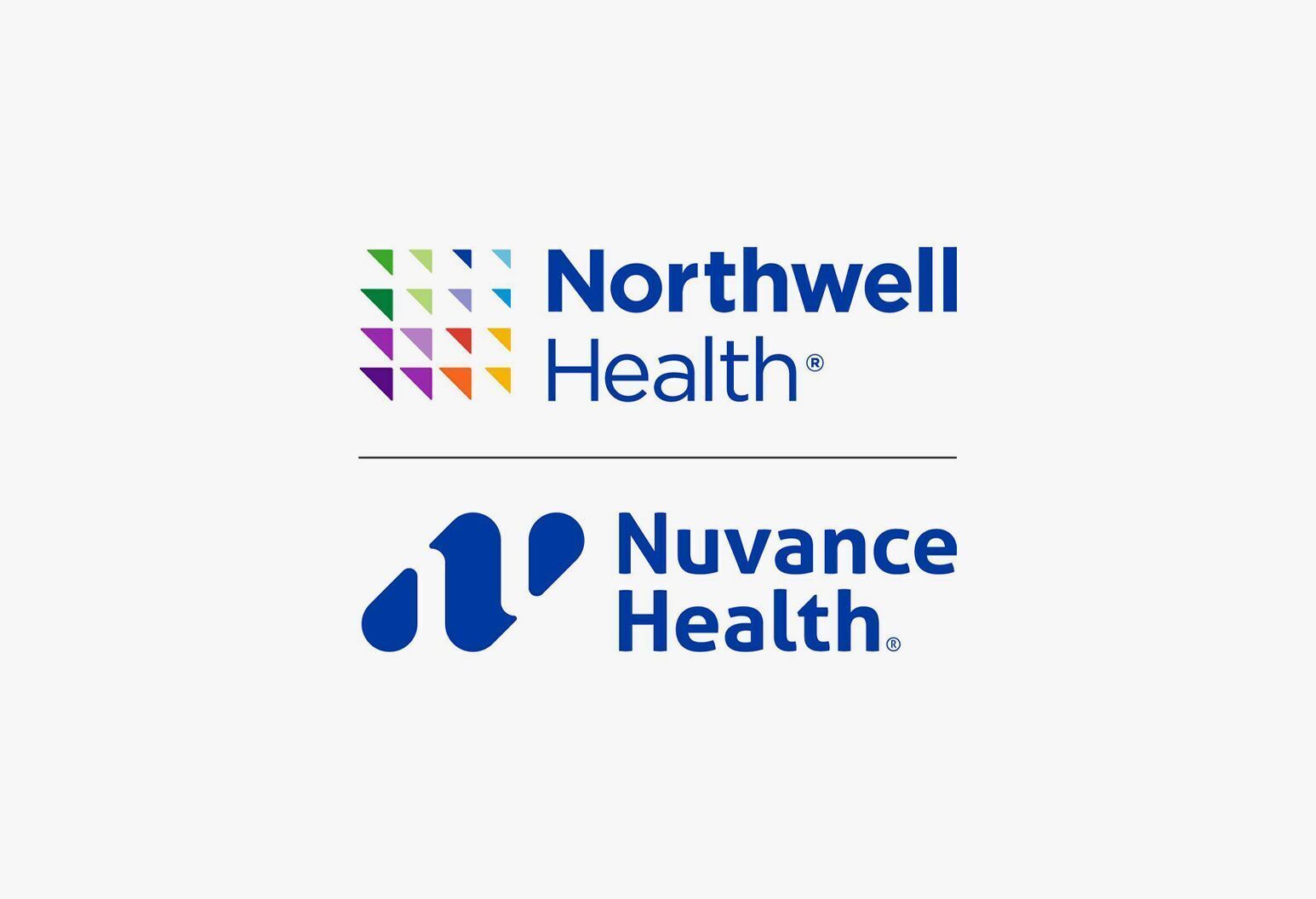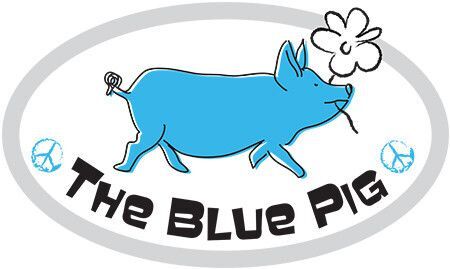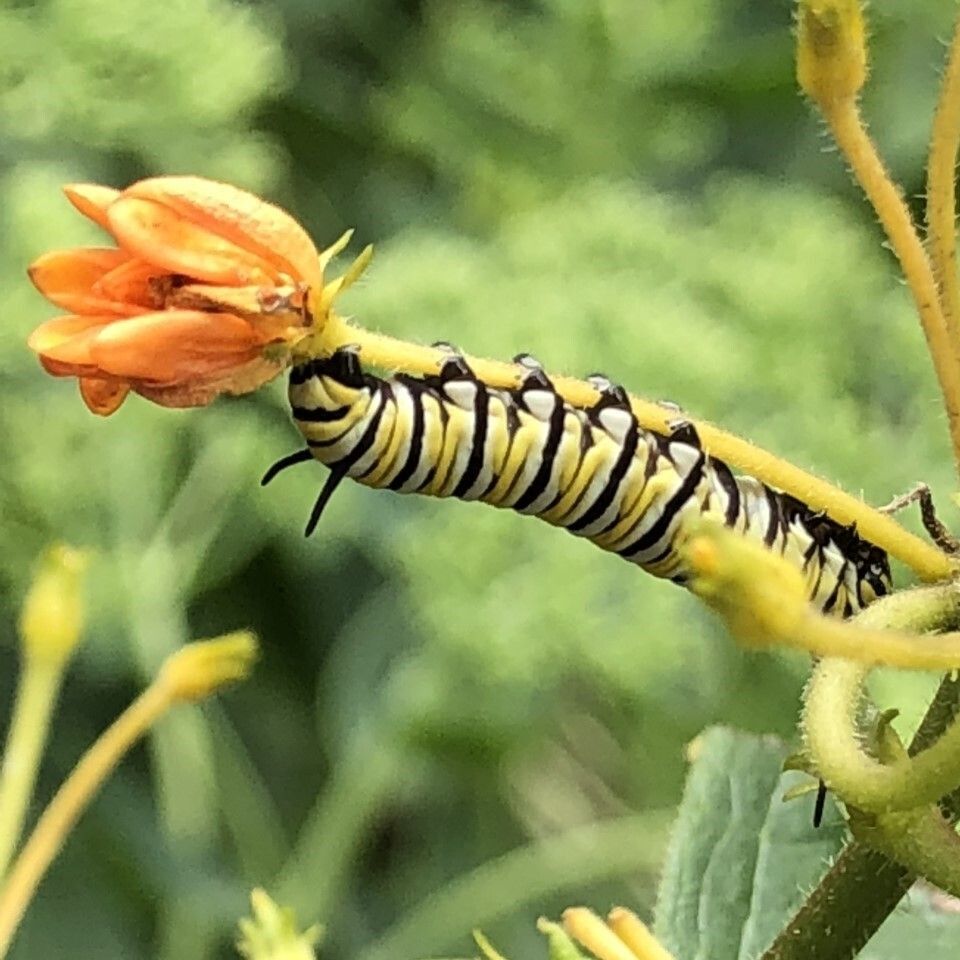
The Big Deal about Biodiversity
Biodiversity refers to the variety of all life on Earth. From the range of genes within a species to the variety of species within an ecosystem and the multitudes of interactions along the way, we are dependent on biodiversity for our ecosystems to survive and thrive. Ecosystems can be very large or small, or somewhere in between, like at Hilltop Hanover Farm. This article focuses on the ecosystem within Hilltop’s property and agriculture fields and how this ecosystem supports the ecosystems within our surrounding towns and counties.
Agriculture and Biodiversity: Impact & Opportunity
Pasture and cropland occupy around 50 percent of the Earth’s habitable land, making agriculture the world’s largest industry. Ecosystems have paid the price of commercial farming’s efforts to increase harvest yields at a cheaper cost. Insects that are vital for soil health, nutrient recycling, the control of crop pests are declining due to pollution from chemical pesticides and fertilizers, habitat loss, soil erosion, and other human activities. In fact, biodiversity is collapsing at an alarming rate.
However, when agricultural operations are sustainably managed, they can preserve and restore critical ecological habitats. The more biodiverse a system is – from microbes in the soil to pollinator populations – the better plants and animals can adapt and survive. Ecosystems that host the most biodiversity tend to have ideal environmental conditions for growing healthier plants, and healthier plants grow healthier food.
Hilltop’s farmers are committed to providing a healthy, affordable, and environmentally friendly diet for our community. In doing so, Hilltop makes biodiversity conservation an integral part of our agricultural operations.
Native Plants Program at Hilltop Hanover Farm
In addition to increasing biodiversity in our agriculture fields, the Native Plants Program at Hilltop also is focused on strengthening and expanding local biodiversity throughout Westchester County and the surrounding region.
Most commercial garden centers distribute plants that are cloned or selected for traits (flower color, tomato size, etc.), which minimizes their genetic diversity. These plants and plant material are often grown and shipped from far distances. Such plants are not adapted to local conditions and don’t nutritionally support native insects. When allowed to breed with ecotypic plants, the less-adaptable plants decrease the fitness level in the next generation, undoing the positive adaptations the species selected naturally.
Thankfully, more and more farmers, communities, and municipalities are understanding the need for biodiversity. As the drive for restoration projects in gardens, landscapes, farms, and open spaces increases, there is a growing need for local ecotype seeds and plant materials. Hilltop’s Native Plants Program supports the hyper-local, native plant materials supply chain in Westchester and Fairfield Counties by responsibly & sustainably collecting seed from the wild following rigorous technical standards and by harvesting seed grown from founder plots at the farm. Seed from ecotypic plants is a crop of our farm along with our vegetables, herbs, and flowers.
At Hilltop, we recognize that we are dependent on biodiversity for our world-wide ecosystems to supply food to our increasing population. To sustain agriculture in an unstable climate, Hilltop is committed to addressing the biodiversity crisis.
What can YOU do to help?
- Please remember it is illegal to collect any plants, animals, minerals, and other natural materials from public and protected lands in our region.
- Support the farm
- Buy local
- Keep learning
Here are some recommended resources for further reading:
Native Plant Trust's Northeast Seed Network
Why Climate Smart Agriculture Must Not Neglect Biodiversity
The ’23 National Native Seed Conference – Cultivating the Restoration Supply Chain and Launching the Northeast Seed Network
